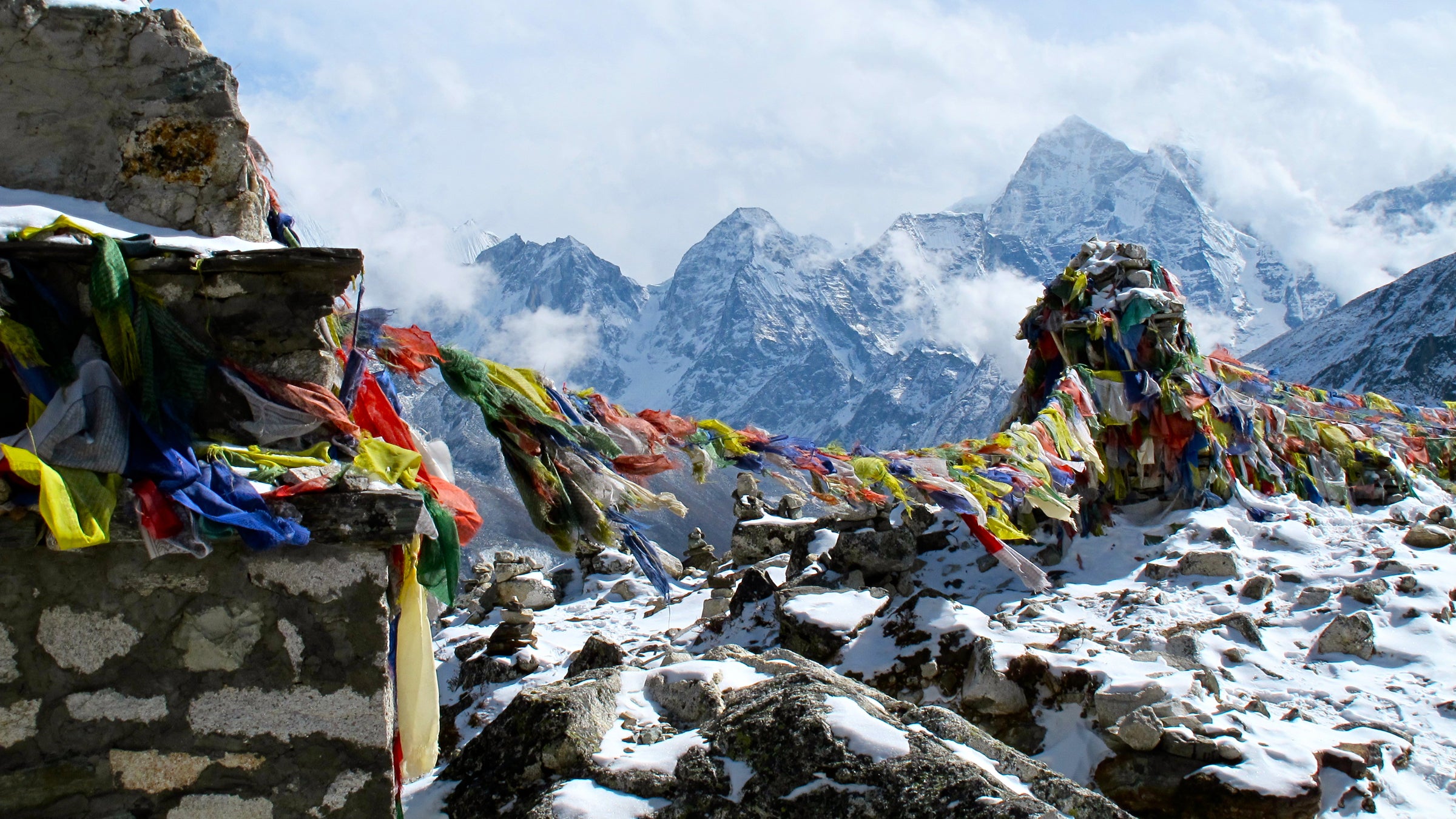The chief of Nepal’s Mountaineering Department on Monday announced several changes to the way operations will be carried out on Everest this season, including better weather forecasting and security and reduced permit fees for climbers. The improvements come in the wake of an avalanche that killed 16 Sherpas last April and caused the 2014 season to be called off.
Puspa Raj Katuwal, head of the country’s Mountaineering Department, that a special office tent for government officials will be set up at base camp. It will “improve the conditions on the mountain this year,” he said. The office will give authorities a platform to ensure safer conditions for international climbers and Nepalese guides. They will be able to respond more quickly to problems on Everest, provide security, settle climber disputes, and monitor the activity of everyone at base camp during the three-month climbing season, which begins in March.
According to the AP, Nepal’s weather service will send forecasts to the officials at base camp, who can then relay them to the climbers. The Nepalese officials will also keep tabs on how much garbage climbers bring down the mountain with them. Trash left behind on the mountain has been piling up in recent years.
Katuwal told the AP that he’s still confident climbers will return; the government has cut permit fees by more than half in an effort to entice people back. This year’s permits will cost $11,000 per climber, compared to $25,000 in the past.
Nepal’s government has come under fire for not having much of a presence at base camp. Last year’s tragedy caused at least one major expedition company to cancel its 2015 season and another to switch its operation from Everest’s south face in Nepal to the north face in China. Adrian Ballinger, founder of Alpenglow Expeditions in Olympic Valley, California, told the AP that the company is concerned about the condition of the Khumbu Icefall, the section where the avalanche came down on the Sherpas as they were lugging gear between camps. that the Nepalese government has already forbidden climbers from traversing the icefall, forcing them instead to take a longer, more difficult—but less avalanche-prone—route.
Ballinger wants the government to have stricter regulations for handing out permits, saying climbers should be required to have high-altitude experience before attempting Everest. He also thinks the load for porters should be cut down. “There is no need for dining tables or heaters at Camp 2,” he told the AP.
Ballinger told ���ϳԹ��� that government weather forecasts won’t add anything, since “every respectable team on Everest already pays for weather forecasting from knowledgeable meteorologists.” He’s happy to see the Nepalese government attempting to increase safety on the mountain but doesn’t feel it’s enough. “Nepal needs to aggressively manage the commercial operations on the mountain. Even this won’t negate the icefall danger, but they would be a step in the right direction. The changes announced this week are not this step.”


